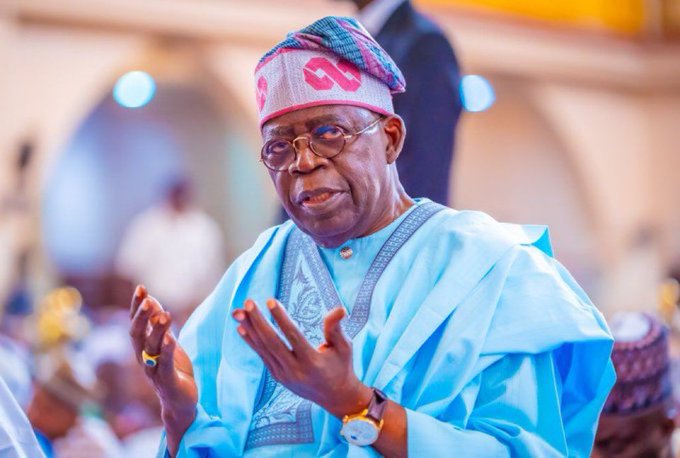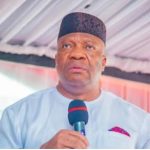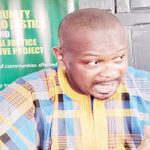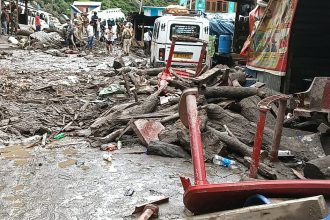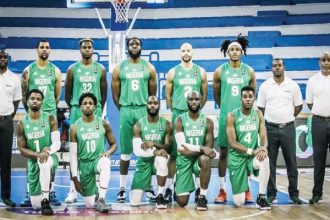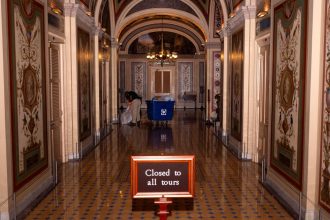President Bola Tinubu on Tuesday acknowledged delays in finalising a list of ambassadorial nominees two years after he recalled all envoys from Nigeria’s 109 missions, 76 embassies, 22 high commissions and 11 consulates.
The President made the remarks when he received in audience members of The Buhari Organisation led by former Governor of Nasarawa State, Sen.
Tanko Almakura, who paid him a solidarity visit at the Presidential Villa in Abuja.
Tinubu lamented the complex political considerations required to make such appointments.
“I couldn’t appoint everybody at once and thank you for your patience. I still have some slots for ambassadorial positions that so many people are craving for. But it’s not easy stitching those names,” said Tinubu.
His remarks come nearly two years after the recall of all career and non-career ambassadors by the Nigerian government in September 2023, a move that was part of a broader diplomatic reset.
Since then, many key foreign missions have been overseen by chargés d’affaires or senior consular officers pending the nomination and confirmation of substantive ambassadors.
In April 2025, sources close to the president told our correspondent that the Federal Government had concluded the vetting of persons nominated to fill ambassadorial roles.
The sources said the relevant agencies had completed security and background checks on each nominee.
However, the President, who is expected to transmit a consolidated list to the National Assembly, has yet to do so.
The PUNCH gathered that the process suffered delays due to the paucity of funds—$1 bn—required to pay foreign service officials’ arrears, settle a backlog of overheads, replace ageing vehicles, and renovate embassy buildings.
After nomination by the President, the names of ambassadors-designate are forwarded to the Senate for screening and confirmation.
The Senate Committee on Foreign Affairs typically conducts interviews to assess the nominees’ credentials, diplomatic experience and commitment to serving Nigeria’s interests abroad.
Once the committee approves them, the full Senate votes on their confirmation. If confirmed, the nominees are then formally appointed by the president.
Following confirmation, the newly appointed ambassadors undergo an orientation programme organised by the Ministry of Foreign Affairs, which covers Nigeria’s foreign policy objectives, the host country’s context and expectations for diplomatic conduct.
Ambassadors then receive their Letters of Credence—an official document from the president—and present these credentials to the head of state (or government) in their assigned country.
Only after this ceremony are they recognised as Nigeria’s formal representatives, able to engage in diplomatic duties such as negotiation, consular services and fostering bilateral relations.
With several diplomatic posts vacant, foreign service officials say Nigeria’s diplomatic representation has suffered in the past two years.
The delay has drawn concern from Nigeria’s foreign policy community and international partners, particularly in regions such as Latin America, Southeast Asia, and parts of Europe, where Nigeria’s embassies are operating without substantive leadership.
Foreign service analysts also warn that prolonged gaps in diplomatic posts may impact the country’s ability to coordinate bilateral trade, consular services, and strategic influence—especially amid shifting global alliances and rising trade protectionism.
At Tuesday’s meeting, Tinubu assured party loyalists that he remains committed to broad-based consultation in making key political appointments, including those representing Nigeria abroad.
“What I am doing is hard work, hard thinking, and consulting with you,” he told the delegation.
Earlier in the meeting, the President praised the party faithful for their support and loyalty since the APC’s formative years, describing their presence as a motivating factor to “work harder” despite external challenges.


